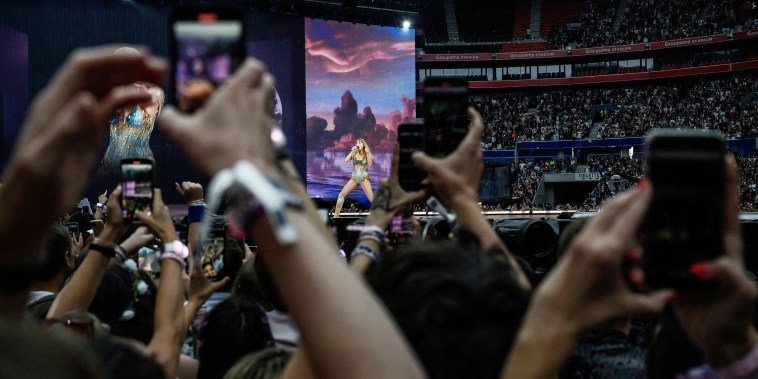The Funflation Effect: An Analysis of the Rise in American Spending on Travel and Entertainment
The term funflation has been coined to describe the phenomenon where Americans are increasingly allocating more of their budget towards travel and entertainment experiences. This trend can be attributed to several factors, including changes in consumer behavior, economic conditions, and societal trends.
Consumer Behavior Shifts:
One key factor driving the funflation effect is a shift in consumer preferences towards experiences over material possessions. Research has shown that younger generations, in particular, value experiences such as travel, dining out, and attending live events more than owning goods. This shift in mindset has led Americans to prioritize spending on activities that provide enjoyment and create lasting memories.
Economic Conditions:
Another contributing factor to the funflation effect is the overall positive economic outlook in recent years. With steady job growth, low unemployment rates, and rising wages, American households have more disposable income to spend on leisure activities. This increased financial stability has allowed individuals and families to indulge in travel adventures and entertainment options that were previously out of reach.
Societal Trends:
Furthermore, societal trends such as the rise of social media have played a significant role in fueling the funflation effect. Platforms like Instagram and Facebook have made it easier for people to share their travel experiences and social outings with friends and followers. The desire to curate a desirable lifestyle online has driven many individuals to seek out unique and Instagram-worthy experiences, contributing to the growth of the travel and entertainment industries.
Implications for Businesses:
Businesses in the travel and entertainment sectors stand to benefit from the funflation effect by catering to the changing preferences of consumers. Companies that offer personalized and experiential services are likely to attract more customers and drive revenue growth. Additionally, businesses that leverage social media and digital marketing strategies to promote their offerings can tap into the trend of consumers seeking out shareable experiences.
In conclusion, the funflation effect reflects a fundamental shift in American spending habits towards prioritizing experiences and enjoyment. Understanding the factors driving this trend, including changes in consumer behavior, economic conditions, and societal influences, can help businesses adapt their strategies to capitalize on the growing demand for travel and entertainment options. By embracing the funflation effect, companies can position themselves to thrive in an evolving consumer landscape.

